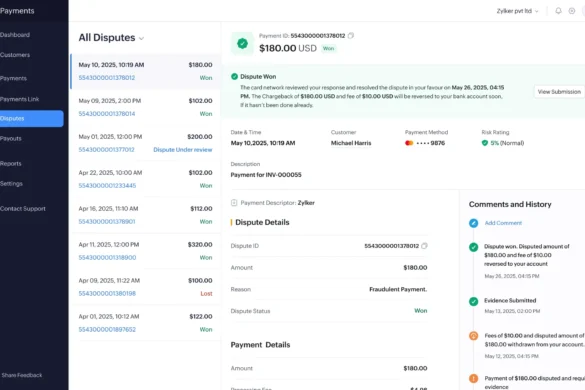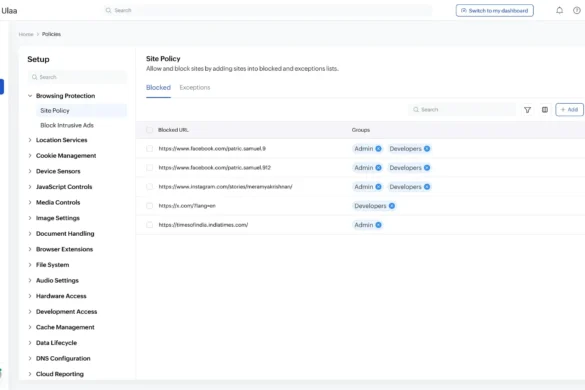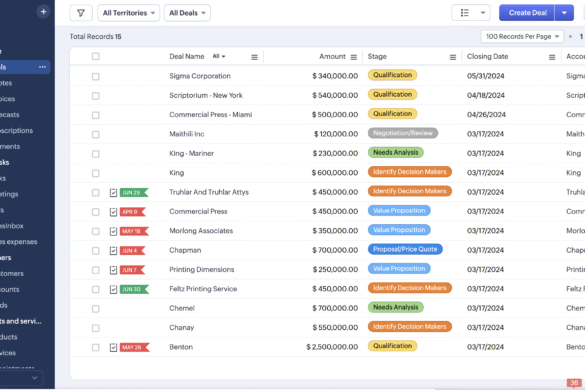Phillip Barry Albert, the former President of Pelco Structural LLC, an established steel pole manufacturer based in Claremore, Oklahoma, has been sentenced to 30 months in prison following his conviction for evading more than $1 million in income taxes. The sentencing, handed down yesterday, marks a significant milestone in the government’s ongoing efforts to combat tax fraud and enforce tax laws.
From 2014 to 2019, Albert engaged in a sophisticated scheme to divert over $2.6 million of company funds to himself, bypassing the tax system. Court documents reveal that he manipulated Pelco’s external payroll service to mislabel these substantial payments as reimbursements instead of income. This deliberate mischaracterization meant that the payroll company did not withhold federal income taxes nor report the payments as wages on Albert’s W-2 forms. As a result, Albert avoided reporting this income on his tax returns for the respective years, causing a tax loss to the IRS totaling $1,000,232.
U.S. District Judge Terence Kern for the Northern District of Oklahoma also ordered Albert to serve one year of supervised release following his prison term. Additionally, Albert is mandated to make restitution payments, amounting to approximately $1,000,232 to the United States and a staggering $2,615,750 to Pelco Industries Inc., the former parent company of Pelco Structural.
The case was brought to light and pursued by Acting Deputy Assistant Attorney General Stuart M. Goldberg of the Justice Department’s Tax Division and U.S. Attorney Clinton J. Johnson for the Northern District of Oklahoma. The investigative efforts of the IRS Criminal Investigation and the FBI were instrumental in unveiling the details of Albert’s tax evasion tactics.
The prosecution of the case was handled by Trial Attorney Meredith Havekost of the Justice Department’s Tax Division and Assistant U.S. Attorney Thomas Duncombe for the Northern District of Oklahoma. Their diligent work underscores the government’s commitment to maintaining the integrity of the nation’s tax system and holding individuals accountable for undermining public trust through tax evasion.
Implications for Small Business Owners
This case serves as a stark reminder to small business owners of the critical importance of adhering to tax laws and regulations. Tax evasion not only jeopardizes the financial health and reputation of the business involved but also places an unfair burden on honest taxpayers and the public resources funded by tax revenues.
Small business owners should view this as an opportunity to reassess their tax practices and ensure compliance with all tax obligations. Consulting with tax professionals and leveraging accurate payroll and accounting systems can prevent inadvertent or deliberate misreporting of income and taxes.
The significant restitution ordered in this case highlights the financial and legal risks associated with tax evasion. Businesses are encouraged to foster a culture of transparency and compliance, thus protecting themselves and their stakeholders from similar legal consequences.
As the government continues to crack down on tax evasion and fraud, it is more important than ever for small business owners to remain vigilant and committed to upholding the highest standards of tax compliance.
Image: Envato Elements
The post originally appeared on following source : Source link


